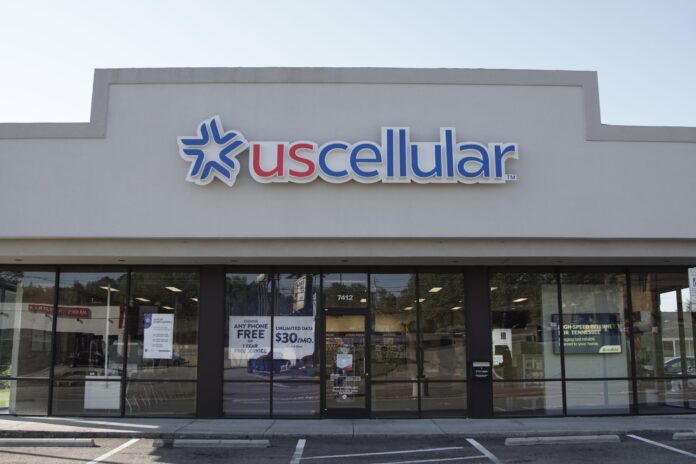Private wireless will work with, not replace Wi-Fi and public wireless
US Cellular is focused on growing their business in the private wireless space. They may be the largest wireless carrier in the USA after Verizon, T-Mobile and AT&T. They see a new growth opportunity in private wireless. Let’s take a closer look at how US Cellular is doing and the private wireless space in general.
Wireless has been with us as an industry for roughly 50 years already. Over time, there have been steps as the industry grew. Private wireless is just another step.
Several years ago, something strange started happening in wireless. As the typical growth lull occurred between 4G and 5G, both AT&T and Verizon took a strange new path.
Wireless has been a growth industry for roughly 50 years
Verizon and AT&T wanted to grow in new areas like news, movies, entertainment and more by making several costly acquisitions like DirecTV, Time Warner, Warner Brothers Studio, CNN, AOL and Yahoo. After a few short years this completely fell apart for both of them during the Covid-19 timeframe.
At the same time, T-Mobile US who had been struggling for years, found themselves at the beginning of a new wireless growth wave. They also acquired Sprint. They stayed focused on wireless and that was right for them.
US Cellular also stayed focused on wireless. That was also smart on their part. However, they remained a second level, Tier II competitor.
Over last few years private wireless has begun to impact wireless
Now, private wireless has started a new growth wave. It started with smaller competitors without strong brand names. The problem was, while private wireless competitors have good ideas, they were not as financially strong as larger wireless competitors.
Larger players didn’t have the private wireless knowledge, but they had deeper pockets. So, as private wireless seems to have come out of nowhere, that means large and small competitors started working together.
That’s where we are today.
While private wireless is a new growth sector, that also means they must go through the typical pattern of a young industry.
Different levels of private wireless services
Today, we are entering the next stage of industry development with partnerships and acquisitions. We are also just starting to see bankruptcies.
This is what happens when new sectors begin.
I believe private wireless will continue to grow and become a strong new industry sector as we move forward step-by-step.
Today, there are a variety of different levels. Verizon, T-Mobile and AT&T are beginning to see this as both a real growth opportunity, and as a potential threat to their existing wireless business.
Plus, there are a growing number of other full-service competitors in this space as well.
Private wireless will not replace Wi-Fi and public wireless
Until today, Wi-Fi and public wireless have been the way business and enterprise customers have addressed this need.
That being said, I do not believe private wireless is a threat or will replace these technologies.
Rather, I see it as a new technology that can add to the enterprise better handling their different needs for connectivity with increased security and control.
So, private wireless is on a bumpy road. Because of that, we have seen a growing number of partnerships, mergers and acquisitions, even bankruptcies.
That will only continue, and in fact, intensify.
Private wireless will continue to grow through ebbs and flows
I believe private wireless can be an important slice of the wireless pie moving forward. I also believe this is an important service for every wireless provider to offer.
That’s why every wireless provider needs to offer private wireless services. IT will grow and continue to change moving forward. We are too early to know exactly what the industry will look like years from today.
That being said, I think private wireless is the right move for US Cellular at this point in time.
In fact, I think they should work with a number of different companies in the young sector.
This will help them stay relevant and competitive in the changing marketplace.
HPE, Ericsson, Celona, Cisco, Shabodi, Federated Wireless and others
This is the same thing we should expect from Verizon, T-Mobile, AT&T and the other wireless providers, large and small. This space will continue to churn for years to come.
In fact, there are quite a few companies in the private wireless space to one level or another. Some of these include Qualcomm, Huawei, Ericsson, Nokia, HPE, Celona, Shabodi, Cisco, Cradlepoint, NTT Docomo, Ruckus, Celona, Federated Wireless and so many others, both large and small.
Even though private wireless will continue to grow, it will also be impacted by the ebbs and flows of the growth curve of a changing industry that will continue to move forward, be step-by-step.

